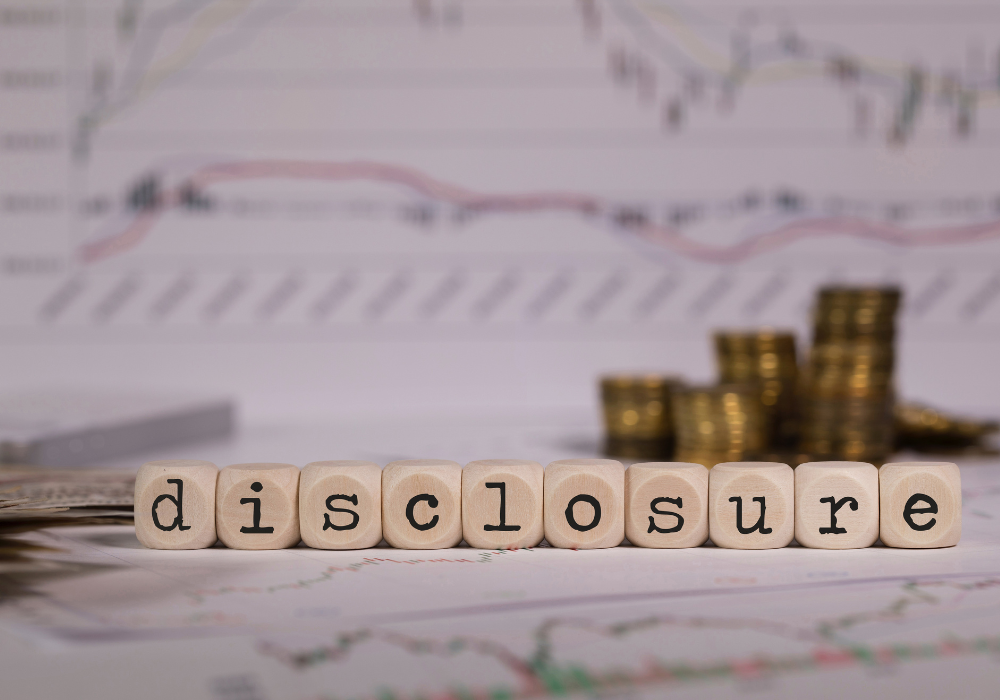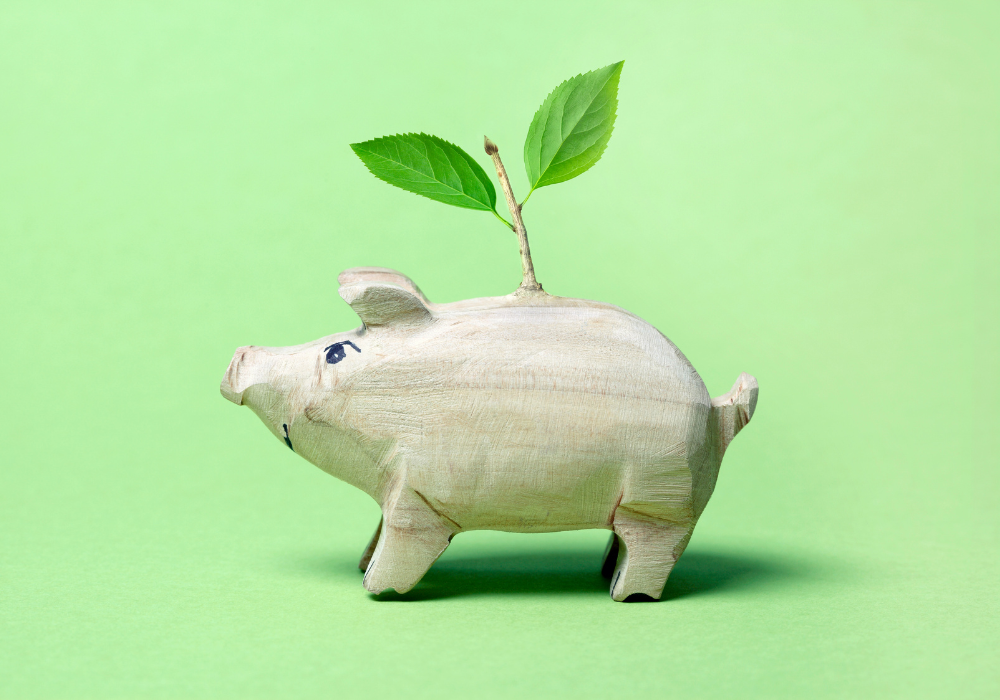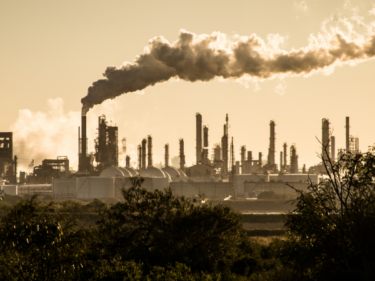Blog | 05 Dec 2023
Finance and Sustainability are Natural Partners

Jake Kuyer
Associate Director, Economics & Sustainability


Every year, the Conference of the Parties on Climate Change captures the world’s attention for a few weeks as government, scientific and business leaders take stock, align activities, and strive for real progress on climate change — as is currently underway at COP28 in UAE. Over recent years, the finance sector’s role has increasingly been in focus. In turn, the finance sector has adopted the sustainability cause, including addressing climate change, at an impressively rapid pace.
Sustainability issues matter for the world, from climate change to biodiversity loss, social inequality, and any number of other pressing challenges. They are also material to financial and commercial interests. Financial institutions have largely accepted the need to account for sustainability in their investment decisions. Figuring out how to put that into practice is a work in progress. It is, of course, much easier said than done.
That sustainability is a critical business and financial issue is readily apparent. Dig deep enough into just about any economic activity, and you often find it is ultimately dependent on the environment. Economic activity that depends on the environment, often via extended supply chains, is exposed to risk where the economy/environment relationship is not managed sustainably. Recognising this is critical for proactively managing risk and understanding the degree of risk that financial capital is exposed to.
Financial disclosures can improve outcomes

Emerging sustainability-related financial disclosure standards are a piece of the puzzle (see TNFD, ISSB, ESRS). They help guide companies on how to start thinking about and reporting on sustainability issues. By considering the relevance of sustainability issues and collecting data for reporting metrics, business leaders will be one step closer to actively managing them and demonstrating to the market that they are doing so.
The finance sector can use these disclosures to better assess dependencies and sustainability-related risks, factoring them into assessments of exposure and risk-adjusted returns. This will lead to the more efficient allocation of financial capital that reflects future needs and risks and incentivises companies to improve their sustainability impact and exposure to risk over time. Companies that meet meaningful impact and risk-reduction targets while maintaining commercial returns should be rewarded by financial markets; those that do not should be told to shape up or lose out on financing as they become risky investments.
Economics can support sustainability management

The financial sector’s sustainability practices are evolving rapidly. Standards, good practice and mandated requirements are still emerging, and the pace of change increases the challenges firms face. This is all the more pressing, considering how long it took for a consensus on standard company financial reporting to emerge, measured in decades rather than years. This time around, we don’t have the luxury of time.
Company reporting often presents a snapshot of today based on the most readily available data. This is a useful starting point, but with its high degree of uncertainty and long-term outlook, this approach only goes so far for sustainability. Instead, a forward-looking approach is necessary to properly understand and manage the sustainability-related impact and exposure to risk of a firm, sector, or financial portfolio. In the face of much uncertainty, applying a robust economic forecasting-based approach to scenario analysis is illuminating and can inform assessment and decision-making. It can also highlight commercial and financial opportunities. Economics can support management by facilitating evidence-based decision-making that improves the sustainability-inclusive performance of commercial activities and the risk-adjusted returns of financial products.
The economy/environment duality

Sustainability is used to refer to environmental and social progress. But what about economic progress? Economic sustainability sits alongside the environmental and social aspects. A world that is not economically sustainable will struggle to meet the challenges posed by environmental and social sustainability.
Sustainability is an aim, practice, and rallying cry that should, by definition, take a holistic view. Environmental and social issues must be addressed for commercial enterprises to be financially viable in the long term. Likewise, a robust economy is necessary to facilitate a thriving society and to foster a healthy relationship with the environment.
This key point is often missed in the public discourse – a holistic view does not put environmental and social concerns in opposition to economic matters or business concerns. Instead, businesses should aim for sustainability-inclusive commercial performance — and the finance sector should use this as the bar for wielding its power to direct financial capital to achieve both positive impact and sustainable financial returns.
Commercial enterprise needs a sustainable environment and society to remain prosperous. Sustainability-related financial disclosures make this clear. The finance sector can go a long way towards ensuring a sustainable economy by making well-informed financial capital allocation decisions, thereby improving its sustainability-inclusive risk-adjusted returns. Ultimately, this will also have the effect of reinforcing social and environmental sustainability.
To truly be effective at addressing climate change and other sustainability challenges, COP28 and other global initiatives must work alongside the finance sector to not only recognise this interconnected view of finance and sustainability but to actively put it into action.
Author

Jake Kuyer
Associate Director, Economics & Sustainability
+44 (0) 20 3910 8000

Jake Kuyer
Associate Director, Economics & Sustainability
London, United Kingdom
Jake Kuyer is an Associate Director and leads the Economics & Sustainability team within Economic Impact Consulting. He has extensive experience applying economics to challenges around the environment and social impact. He has managed numerous projects across the public, private and third sectors covering a broad range of fields. At Oxford Economics, he works with our economic models, such as our bespoke Global Sustainability Model, to embed sustainability into our offerings. He works with clients to understand both their impact and dependence on the environment, and to achieve their sustainability ambitions.
Prior to Oxford Economics, he worked for a multi-national engineering firm focusing on environmental impact, an economics think tank focusing on social value, and a boutique consultancy specialising in environmental economics. He has earned degrees with distinction from the University of Victoria, Canada, and the University of Edinburgh, UK.
Tags:
You may be interested in

Post
COP28 Roundup: More action needed, and more quickly | Greenomics – Ep. 6
In this episode, Sarah is joined by Dr Mark Winning and Dr Karla Cervantes Barrón to discuss the takeaways from COP28, what they mean for businesses and emerging economies, and whether COP is the right forum for decisive action.
Find Out More
Post
COP28 – Incremental but not transformative
Unsurprisingly, the COP28 international climate conference did not end with a dramatic shift in the world's response to climate change. However, it did mark the beginning of the end for fossil fuels as the main energy source in the global economy.
Find Out More
Post
Africa: Climate change – a hot topic this week
September 6 marked the end of the African Climate Summit in Kenya, heralding the start of a crucial journey to address the adverse impacts of climate change. Kenyan President William Ruto has positioned himself as Africa's leading voice in the fight against global warming. According to Mr Ruto, the continent is losing 5% to 15% of its GDP growth per annum due to climate change.
Find Out More